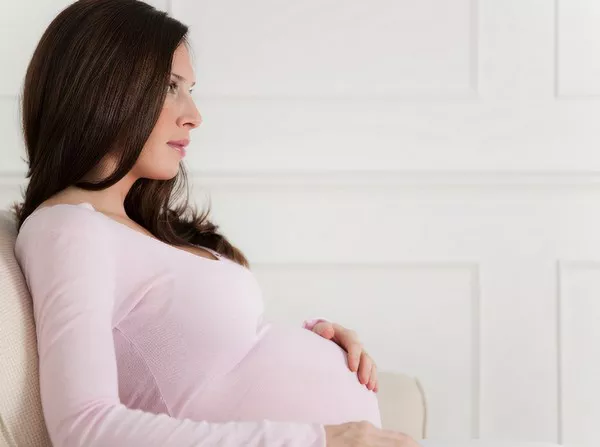A meta-analysis published in JAMA Network Open reveals that continuous positive airway pressure (CPAP) therapy can substantially reduce the risk of gestational hypertension by 35% and preeclampsia by 30% in pregnant women with obstructive sleep apnea (OSA). The analysis reviewed six studies involving 809 participants, with a mean age of 31.4 years and a mean body-mass index (BMI) of 34.0, assessing the impact of CPAP on these pregnancy-related complications.
Pregnancy can exacerbate OSA and heighten the risk of related conditions. CPAP is considered the primary and most effective treatment for OSA during pregnancy, according to the study.
The meta-regression analysis found no significant correlation between patients’ age (P = .83) or BMI (P = .87) and the effectiveness of CPAP in reducing hypertension and preeclampsia risks. The study showed significant differences between CPAP users and non-users in reducing gestational hypertension (P = .008) and preeclampsia (P = .04).
Despite its benefits, ensuring adherence to CPAP treatment can be challenging for pregnant women. The study suggests that a pillow cushion mask with a frame and headgear may offer greater comfort and flexibility, especially for those who need to adjust their sleeping positions.
Pregnant women should work closely with sleep specialists to choose the most suitable CPAP mask and determine the optimal time to begin treatment based on the severity of OSA and any associated complications. For those with preexisting OSA, continuing CPAP use during pregnancy is generally recommended, while newly diagnosed patients should start treatment promptly.
CPAP therapy helps mitigate gestational hypertension by reducing sympathetic activity from fragmented sleep and maintaining airway patency. It also addresses preeclampsia risk by improving endothelial dysfunction and placental physiology, particularly in high-risk pregnancies with chronic hypertension, obesity, or a history of preeclampsia.

